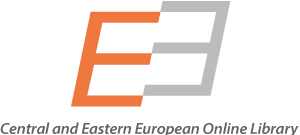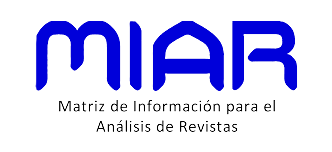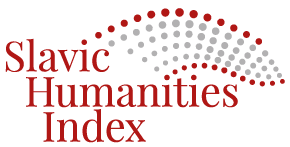ISKUSTVA IMIGRANATA U SLOVENIJI I U UČENJU SLOVENSKOG KAO DRUGOG I STRANOG JEZIKA / EXPERIENCES OF IMMIGRANTS IN SLOVENIA AND IN LEARNING SLOVENIAN AS A SECOND AND FOREIGN LANGUAGE
DOI:
https://doi.org/10.46352/23036990.2025.57Keywords:
immigrants, Slovene as a second language, integration, language barriers, bureaucracy, social inclusion, language learning motivation, South Slavic countriesAbstract
This article explores the experiences of adult immigrants in Slovenia with lear ning and using the Slovene language, as well as their broader process of social integration. Based on a qualitative study conducted with ten participants from South Slavic countries, the paper analyses their personal narratives of living in Slovenia. The findings indicate that while immigrants generally express satisfacti on with their life in the host country, they also report numerous challenges related to bureaucratic procedures, language barriers, and feelings of loneliness and so cial isolation. The Slovene language occupies a central place in their accounts: on the one hand, it represents a key requirement for handling formal procedures and accessing the labour market, while, on the other hand, it often hinders everyday communication, as Slovene speakers tend to switch quickly to Serbo-Croatian due to linguistic proximity. Such practices slow down language acquisition and reduce the immigrants’ motivation to use Slovene in real-life contexts. Although partici pants have largely had positive experiences with Slovene language courses, which provided not only linguistic skills but also opportunities for social contact and support in administrative matters, they emphasized difficulties in applying the language outside the classroom. The comparison with existing literature confirms that language learning is a crucial factor in integration, while also highlighting the importance of research that captures immigrants’ personal experiences. Such studies provide insights that help design more responsive policies, recognizing integration as a reciprocal process between immigrants and the host society. The paper concludes with a recommendation that future policies should focus not only on formal language instruction but also on creating opportunities for its acti ve use in everyday life and on fostering broader social inclusion.
Downloads
Downloads
Published
How to Cite
Issue
Section
License
Copyright (c) 2025 Erika Kum

This work is licensed under a Creative Commons Attribution-NonCommercial-ShareAlike 4.0 International License.
.















